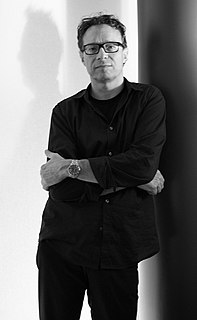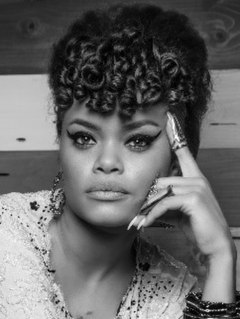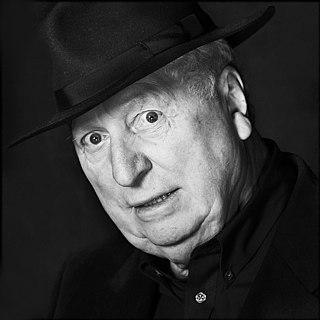A Quote by Marco Brambilla
I never intended to become a commercial filmmaker in the first place. What I do requires time and experimentation. Commercial work is often not the best way to get the most innovative work, because it's about money and marketing. Although advertising is now embracing non-commercial people.
Related Quotes
I was making commercials. That's how I learned the craft. That was the marketing part of it: directing commercial for TV. It wasn't the most common thing to become a filmmaker in Greece. I started by saying I was interested in marketing and have a proper job in advertising and commercials. Basically, I studied film to learn how to do marketing, and commercials. As I studied film I learned I'd be interested in making films instead of commercials.
My first professional audition - god, I've never told anybody about this - was for a test commercial, I think it was for Xbox. It involved me getting kidnapped by a granny who wanted to play the Xbox. It was very weird and I definitely had no idea what I was doing. I actually got the gig. It wasn't a commercial; it was what directors did when they wanted to show the company what they would do with a commercial.
Saturday morning cartoons do that now, where they develop the toy and then draw the cartoon around it, and the result is the cartoon is a commercial for the toy and the toy is a commercial for the cartoon. The same thing's happening now in comic strips; it's just another way to get the competitive edge. You saturate all the different markets and allow each other to advertise the other, and it's the best of all possible worlds. You can see the financial incentive to work that way. I just think it's to the detriment of integrity in comic strip art.
I really love sharing with young Canadians the changes we're seeing in the space program right now with what we call "commercial space." We have commercial cargo delivery to the space station, and now we have what we call "commercial crew," where we're going to be delivering people to low orbit on new vehicles that are being designed by Boeing and SpaceX.
It never occurred to me that I’d be typecast, although I was. And I never thought of the role as a commercial product, because I was… well, I was playing this slightly messianic alien. He isn’t violent, he doesn’t get his leg over the girl, he doesn’t steal, and he’s rather wry, and adorable, and mysterious. He’s lived for 900 years or something. He lives the life of the old patriarchs of the Old Testament. That’s not commercial. He’s special.
I was asked to do a test commercial shoot for an Apple product which didn't mean much to me at the time. Some music player that holds all your songs. Sounded cool to me and I never gave up an opportunity to work, especially with the possibility of it turning into a national commercial. Coolest job I did in that time.
There are two aspects to making movies: One is the feeling of wanting to push myself into stuff that I don't know how to do. Then there's the other impulse to try and earn a living. I want to be careful about not confusing those too much - not that those things can't have a healthy overlap. Plenty of people start out making work that isn't terribly commercial, and then make work that's more commercial but still good. You just want to watch out for that thing where you tell yourself that you're doing your best work when you're not.








































